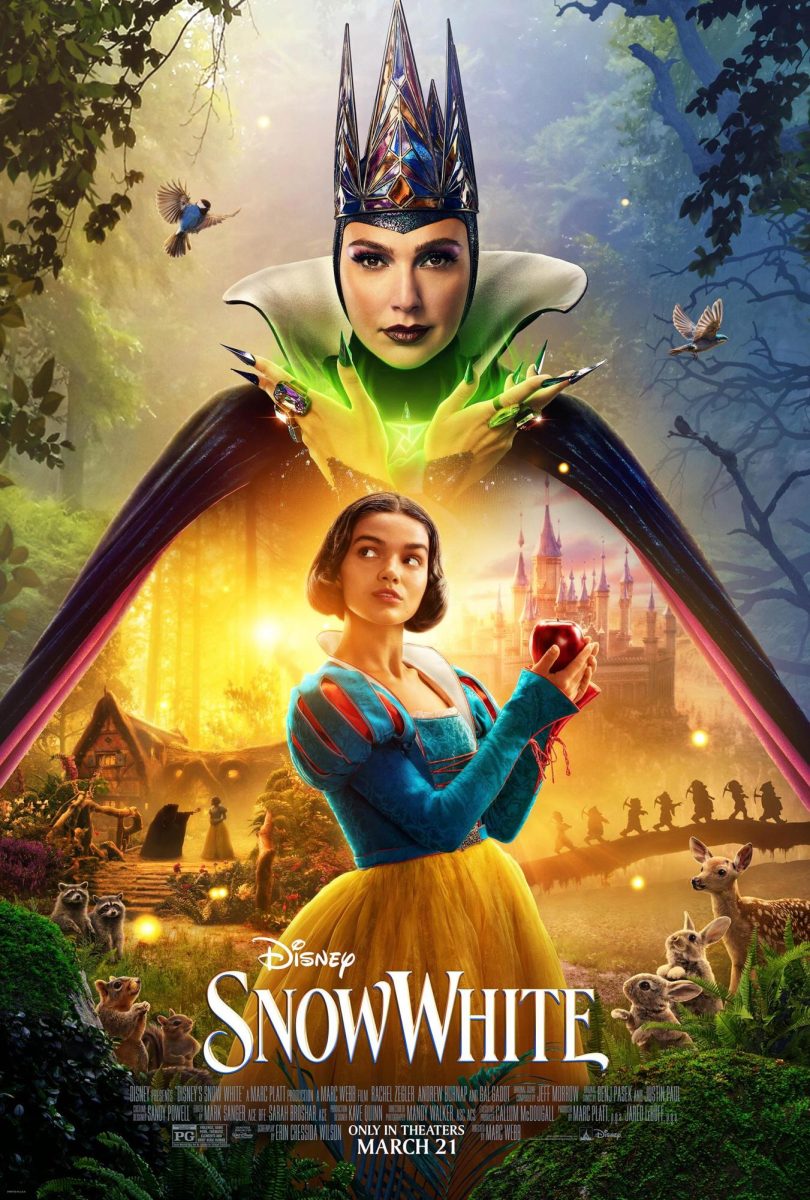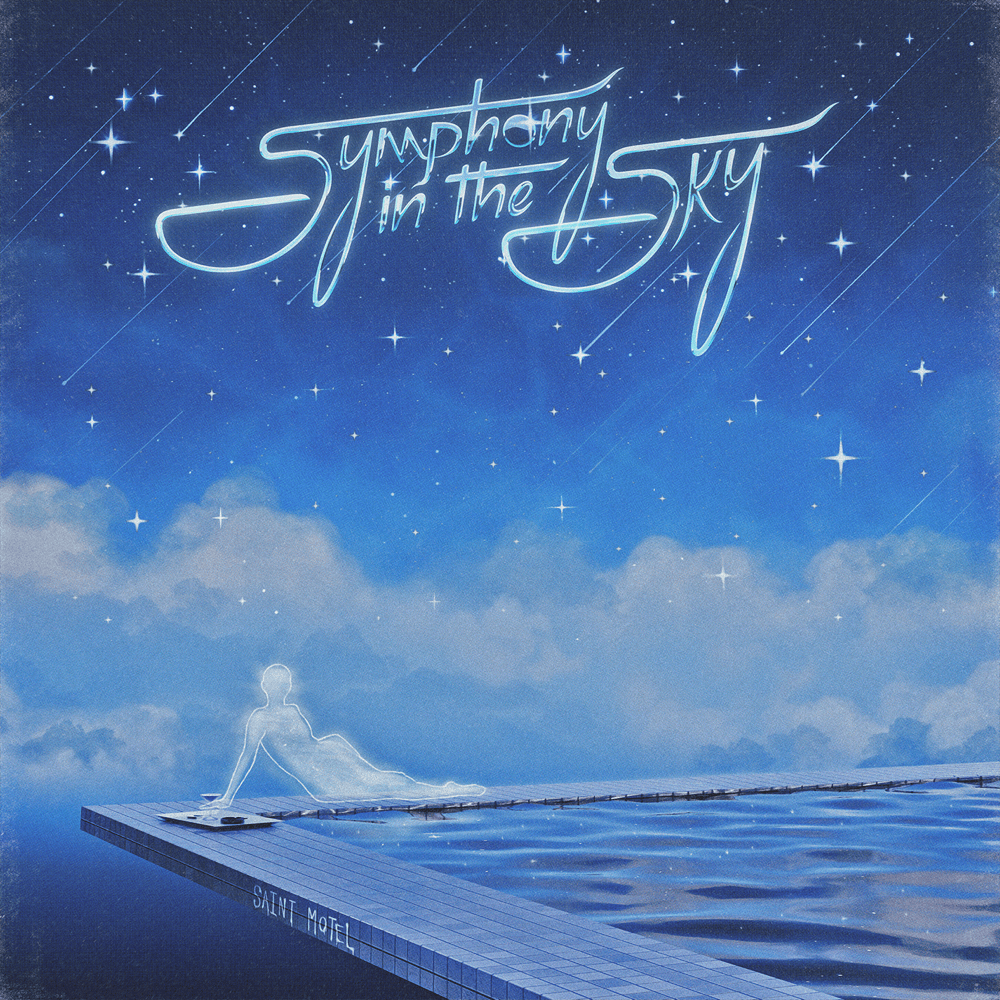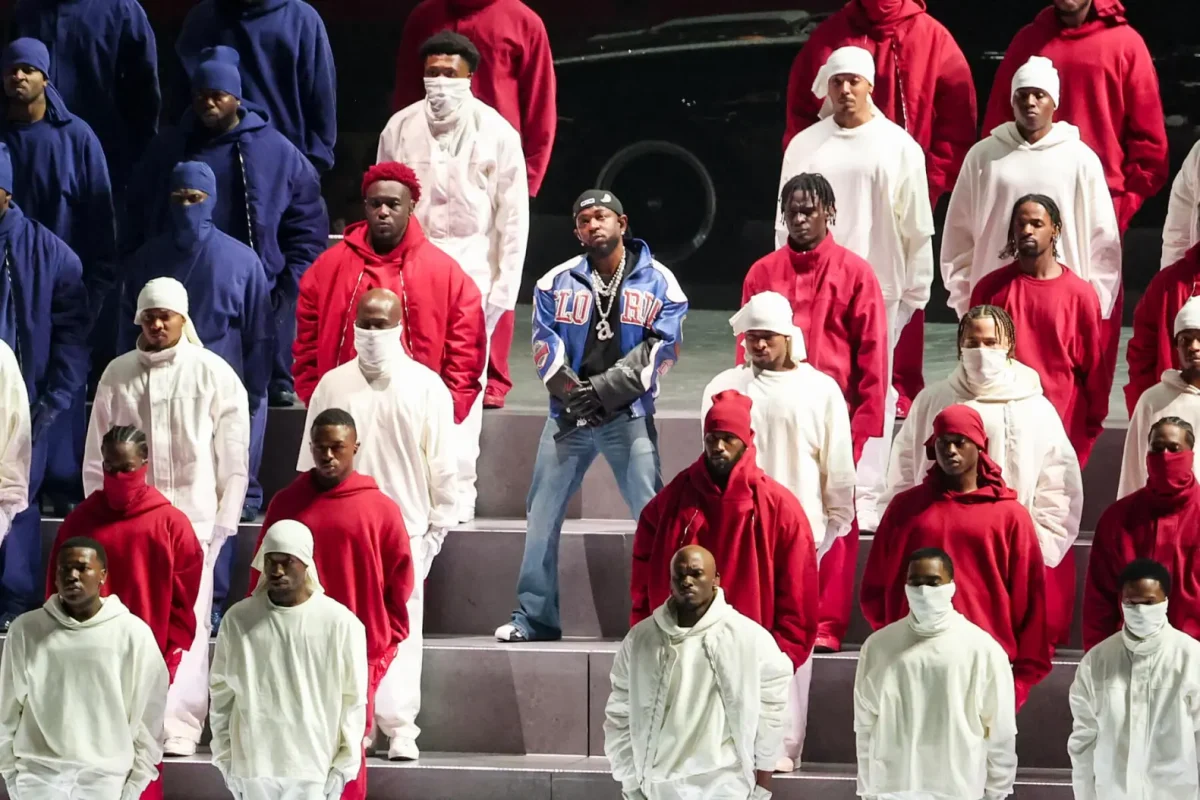On Friday, Sept. 20, American indie rock band Bright Eyes released their newest self-produced album, Five Dice All Threes. The album combines experimental instrumentals and confessional lyricism, featuring 13 songs, of which only two had been previously released as singles.
Bright Eyes consists of singer-songwriter and guitarist Conor Oberst, producer and multi-instrumentalists Mike Mogis, and trumpet and piano player Nate Walcott, who founded the band in 1995. Throughout their 30 years of collaboration, the trio has learned to combine their talents into conceptual masterpieces.
Bright Eyes’ first album, A Collection of Songs Written and Recorded 1995-1997, released in 1998, marked the beginning of the band’s long lasting career. Their debut album’s spacey tone set up Bright Eyes with the label of “experimental” early on, which they have continually replicated. While the band has voiced that they pride themselves on venturing in new directions on each of their albums, Five Dice All Threes is arguably one of their most tame albums.

While the album incorporates multiple musical genres, including indie rock and tones of folk and country, the overarching alternative rock theme allows Five Dice All Threes to remain a nostalgic homage to Bright Eyes’ earlier music. In an interview with Dead Oceans record label, piano player Nate Walcott stated that Five Dice All Threes “revisits the spirit of [the band’s] older records.”
Five Dice All Threes, Bright Eyes’ 10th studio album, is full of disciplined chaos, seemingly fit to be worked into the soundtrack of a Wes Anderson film. While experimental music that mixes a variety of genres, instruments, and inspirations doesn’t appeal to everyone, the range of the band’s lyrics speak to a larger audience than just longtime fans. Several tracks off the album lean into tones of melancholy nostalgia, in between the unrefined production and raspy rock feel, creating the perfect listen for a cloudy fall day.
“El Capitan,” the third track off the album, has an upbeat and folksy mood, slightly out of place as it veers away from the album’s overall sadder quality. Featuring nature imagery in the lyrics and more grounded background instrumentals, the song’s lightheaded summer camp feel shines. “El Capitan” serves as a much needed break from the rest of the album’s downhearted tone while still keeping up the retrospective lyrical theme.
With lyrics including “And in time, they’ll decide what was yours and what was mine / And you’ll end up in a ditched dream feeling like the color of the sky,” Bright Eyes’ use of similes and imagery throughout their lyrics adds life into “El Capitan’s” lyrics.
The album’s sixth track, “All Threes,” features alternative indie rock expert Cat Powers. Powers’ and Oberst’s mismatched harmonies work together to encapsulate a groggy and ethereal tone evoking that of a late night wandering through an unfamiliar city.
Throughout the lyrics of “All Threes,” Powers and Oberst use repetition and fragmented lyrics to piece together a fluid and poetically genius song. The song’s chorus hones in on the art of refrain, as Powers and Oberst switch off in between lines, singing, “God, you were beautiful before / You were beautiful before / Until you weren’t.” The chorus dizzyingly weaves between the duo’s vocals, creating a constant disconnect and reconnection between the two artists that solidifies “All Threes” as a standout track of the album.
The 13th and final track off the album, “Tin Soldier Boy,” showcases nostalgic feeling, featuring allusions to the past in hints of old Hollywood jazz. With the song’s slow build and storytelling writing style, “Tin Soldier Boy” is one of the catchiest songs off Five Dice All Threes.
“Soldier on, soldier on / Through the heartbreak and the joy,” Oberst sings during the song’s last verse. Throughout “Tin Soldier Boy,” Oberst references the past and places and individuals being past their prime. “Hollywood’s dying like the palm trees,” Oberst sings, further ingraining the album’s nostalgic tone into the song’s lyrics.
With Five Dice All Threes, Bright Eyes once again proves their relevance in the music industry. While the album remains true to the band’s experimental values, it lacks a clear flow between tracks due to the sheer variety in musical sounds. Bright Eyes tries to accomplish it all on Five Dice All Threes but could have relied more on their folksy roots to create a more cohesive album to add to their already impressive discography. With artful collaborations and true Bright Eyes commentary and lyricism, Five Dice All Threes earns three out of five feathers.















